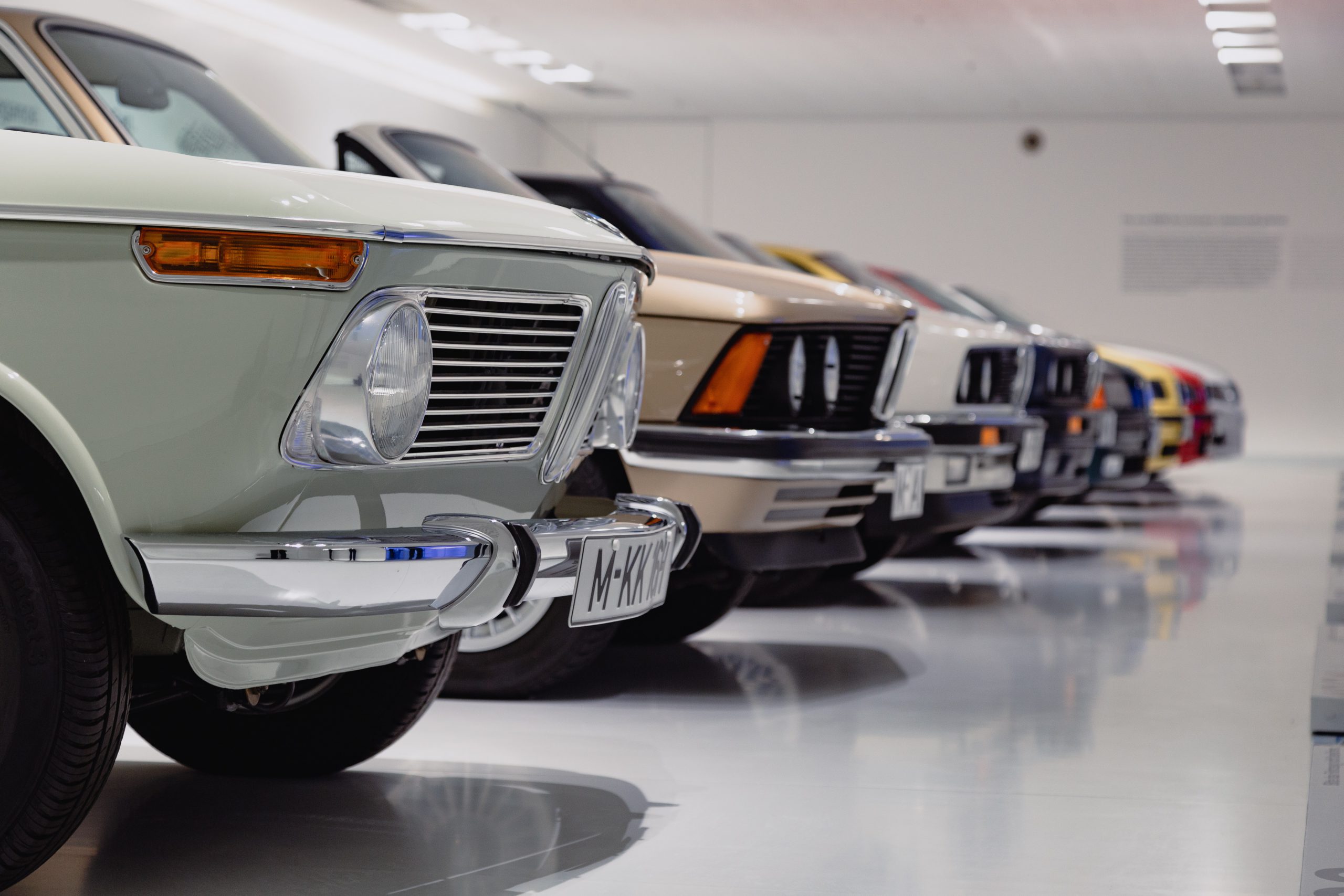Published in December 9, 2024
Do I need car insurance before I buy a car?

Yes, should have car insurance when you purchase a car. Even before knowing what specific model you’re buying, it’s always helpful to compare policies so you can start your policy the same day you purchase your new vehicle.
If you don’t have an existing one, it is important that you purchase car insurance policy whilst shopping for a new car, you’ll need to ensure you have one by the time you drive your new car. Even upon purchasing a brand new car, you must have insurance before you drive it away from the dealership.
But how can you make sure your insurance policy is active the same day you drive your new car, and what if you want to purchase a policy before knowing which specific vehicle you’ll be driving?
Luckily, you can compare insurance policy quotes before you buy your new car, and you can still give your agent all your other information so that your policy can be ready by the time you drive your new car. Here are some things you should know about setting up a car insurance policy before buying a car.
How do you get car insurance without a car?
When comparing car insurance policies from different carriers you’ll need to submit some information to get an accurate quote. That information typically includes:
– Names and birthdays for all drivers under the policy
– Driver’s license numbers for all drivers under the policy
– An address of the policyholder as well as where the car will be garaged
– Your declarations page from any recent insurance policy
What if this is your first car and you’ve never had car insurance policy before? To get the most accurate quotes on your insurance rates, you’ll need to submit specifics about your new car. You may also get a rough quote by providing your agent with the make and model of the car you have or plan to buy.
If you’re purchasing a policy from an independent agent, you can provide them with all your information and have your policy activated as soon as you pick a specific vehicle. That way you would be insured by the time you drive your new car.
If you’ve already decided on a specific vehicle, ask the dealer so you’re able to buy your insurance in advance. You’ll need to ensure that the policy date is active as of the day you’d be taking your car home so that you’re covered for the drive home.
When purchasing your car insurance coverage, you’re able to control the start date, whether it’s weeks or months, and you may also get a small discount on your premium for purchasing your policy ahead of time.
Can I drive a car without insurance if I just bought it?
You shouldn’t drive your vehicle if you don’t have an active insurance policy to cover you. If you’re pulled over driving without insurance, you will most likely get a fine, if not have your license suspended.
If you’re in an accident without insurance, the penalties could be even larger and more serious. This applies no matter the case – even if you just bought the car and are driving it home.
Driving without insurance generally means you’ll have a gap in your insurance record when applying for coverage again. Having a lapse means to carriers that you’re more of a risk to insure, therefore raising your premium.
In the event of an accident, you are financially responsible for any damage or injury caused. Therefore, if you’re driving home with a new car ad cause an at-fault accident without having liability coverage, you’ll have to pay for any damage done to other driver’s vehicle as well as their medical bills.
How long do you have to get insurance when you buy a car?
As mentioned above, you will need to purchase a car insurance policy before driving your vehicle. But it’s different if you’re purchasing a new car while you have an existing policy.
With some policies, they may include a grace period for new cars. That means that your new car covered under your existing policy even before you officially add it to your policy.
Generally speaking, if your current policy includes this coverage, it will most probably be temporary, anywhere between one week to 30 days. After that temporary period, you will have to officially add your new vehicle to your current car policy, otherwise, it won’t be covered.
Although you’ll be covered by your current insurance policy, you should still inform your insurance carrier about your new car as soon as possible.
There also may be limitations to this temporary coverage, meaning, your policy might only cover a new car if it’s a replacement to your current ride, not if you’re adding another vehicle to your policy and keeping the old one. The temporary coverage may or may not include comprehensive and collision coverage, although that depends on what coverage you have in your existing policy.
Before driving your new car, it’s always best to check with your current insurance company whether or not your coverage can get extended. If your coverage is eligible for an extension, you should also find out how long it lasts till you’d have to officially add the new car to your policy. Insurance companies like Zego make it easy for customers to buy insurance with simple payment options. For example, Zego has flexible plans where you can pay daily, weekly, or monthly. Similarly, Root Insurance lets drivers choose the coverage that fits their needs.
Need to plan your budget? Check out Moneysmart’s budget planner to help you determine how much you can afford to pay!
Can you get car insurance the same day?
Yes, purchasing car insurance is typically a quick and easy process that can get set up almost immediately. It’s always beneficial to compare different insurance quotes before choosing one. To ease the process, here are a few things you could do:
– Gather all the basic personal information such as license numbers, birthdays and other details of every driver you plan on listing.
– Research and understand how much coverage you’ll need for yourself and your vehicle, and what the different types are.
– Compare car insurance companies, including reviews and scores from third-party researchers to make sure you’re choosing a company with the best ratings.
As mentioned before, if you don’t have car insurance or an extension of your current policy, you will need to purchase one before picking up and driving your new car.
Do car dealerships require proof of insurance?
You will need to purchase additional coverage, as all, if not the majority of car dealerships require proof of your policy to enable you full ownership of your new car.
You can get proof of purchase either digitally or physical to show your dealership. Additionally, if you’re on a financial plan to pay off your new car, you might also need to provide proof of insurance to your financial institutions.
Your lender may require specific coverage from your policy, as the car is technically their property too until you’ve fully paid it off.
If you buy a car at a dealership and don’t have car insurance, you can always leave the car there, purchase car insurance have proof of insurance faxed over and pick up the vehicle and drive away – you can even do this all in the same day.
Find out more about full coverage car insurance here!
While we at Tippla will always do our best to provide you with the information you need to financially thrive, it’s important to note that we’re not debt counsellors, nor do we provide financial advice. Be sure to speak to your financial services professional before making any decisions.
Related articles

How to Use Credit Cards Effectively: A Guide
07/09/2021
Millions of Australians have some kind of credit card....


Relationships And Money: When Should I Ask My Partner About Their Credit Score?
29/07/2021
Money talk: Why the question “should I ask my...

How to get out of a car loan
28/07/2021
Sometimes buyers aren’t financially able to buy their vehicles...
Subscribe to our newsletter
Stay up to date with Tippla's financial blog